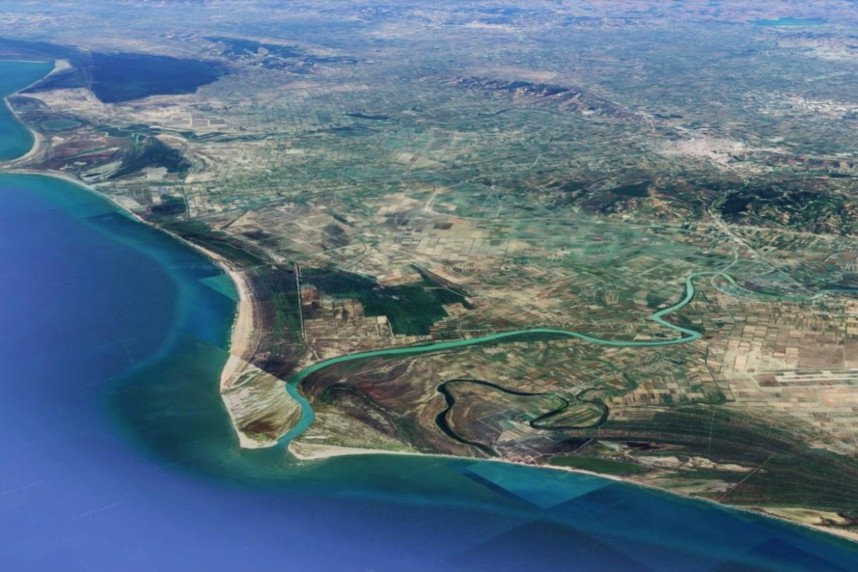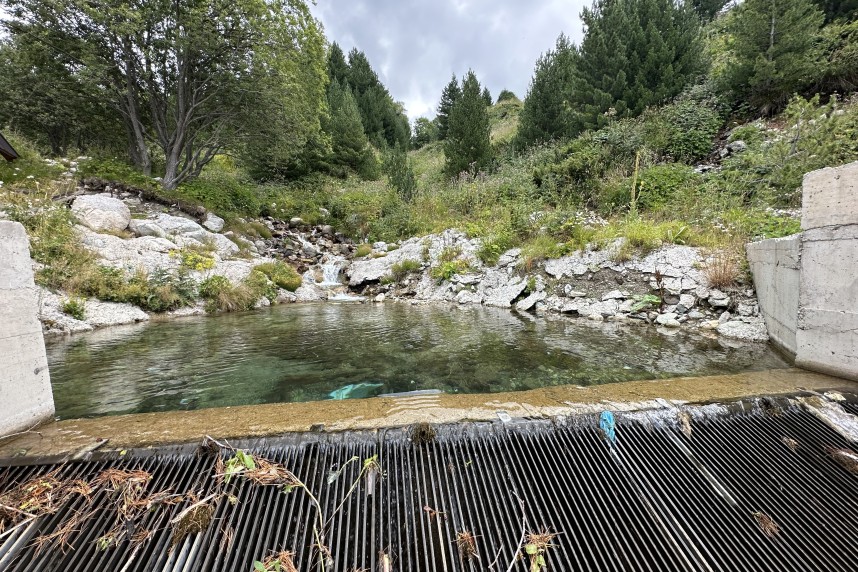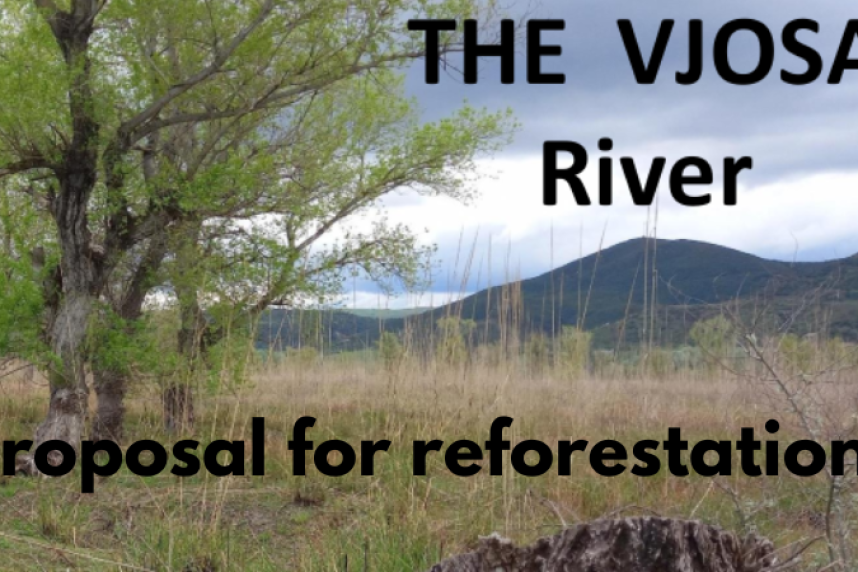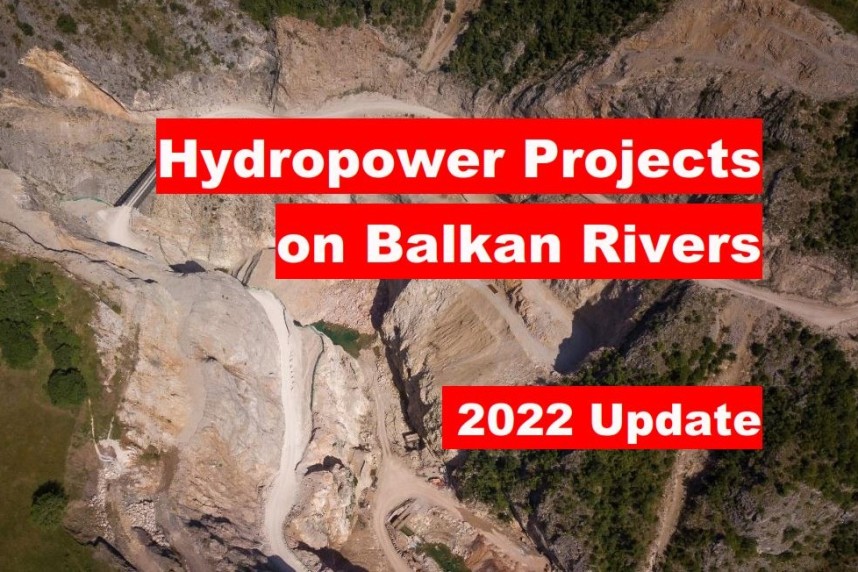 Bruno D'Amicis_m1510_large.jpg)
10 years of hydropower data: 2024 update reveals ongoing threats and wins for Balkan rivers
A decade after the first systematic data collection on hydropower development in the Balkans, the latest Balkan Hydropower Update 2024 presents a mixed reality: while significant advocacy efforts have successfully halted many destructive projects, the region’s rivers continue to face ongoing threats.
 Save the Blue Heart of Europe - A campaign for the protection of Balkan Rivers
Save the Blue Heart of Europe - A campaign for the protection of Balkan Rivers Erhard Kraus_m1510_large.jpg)


_m1510_large.png)


 Gabriel Singer_m1510_large.JPG)

